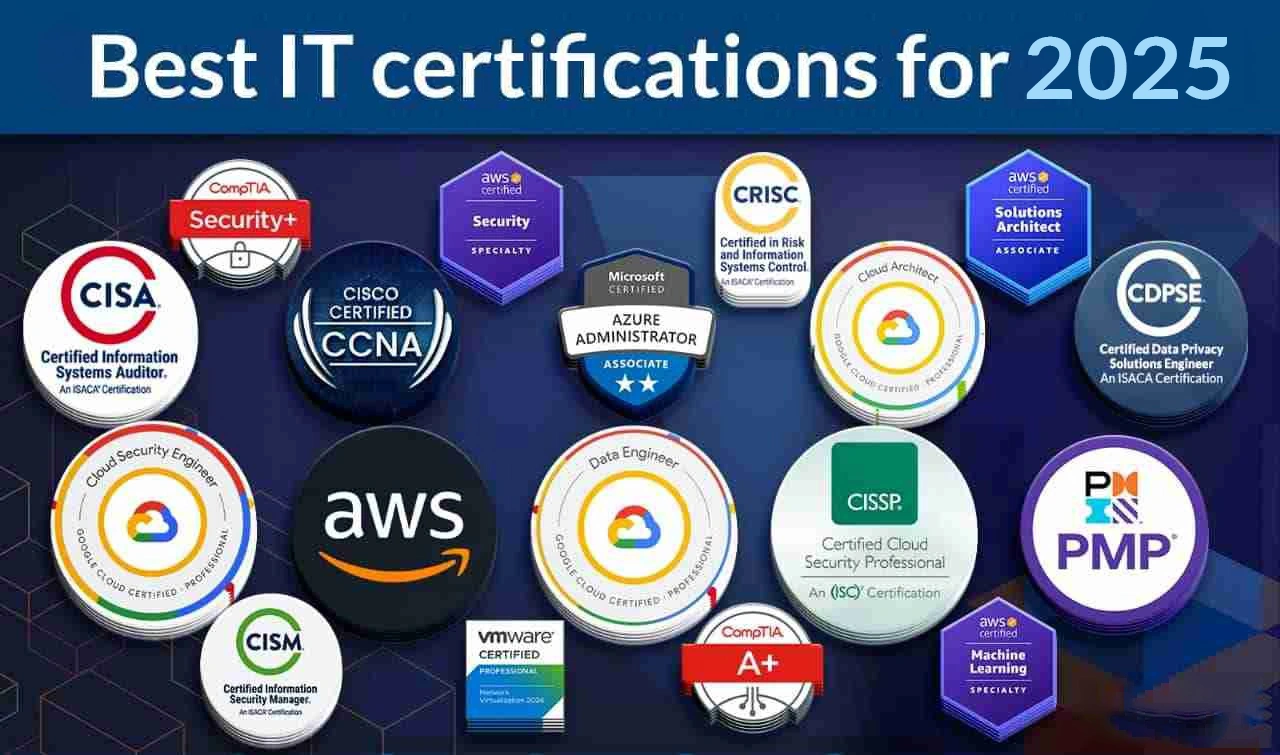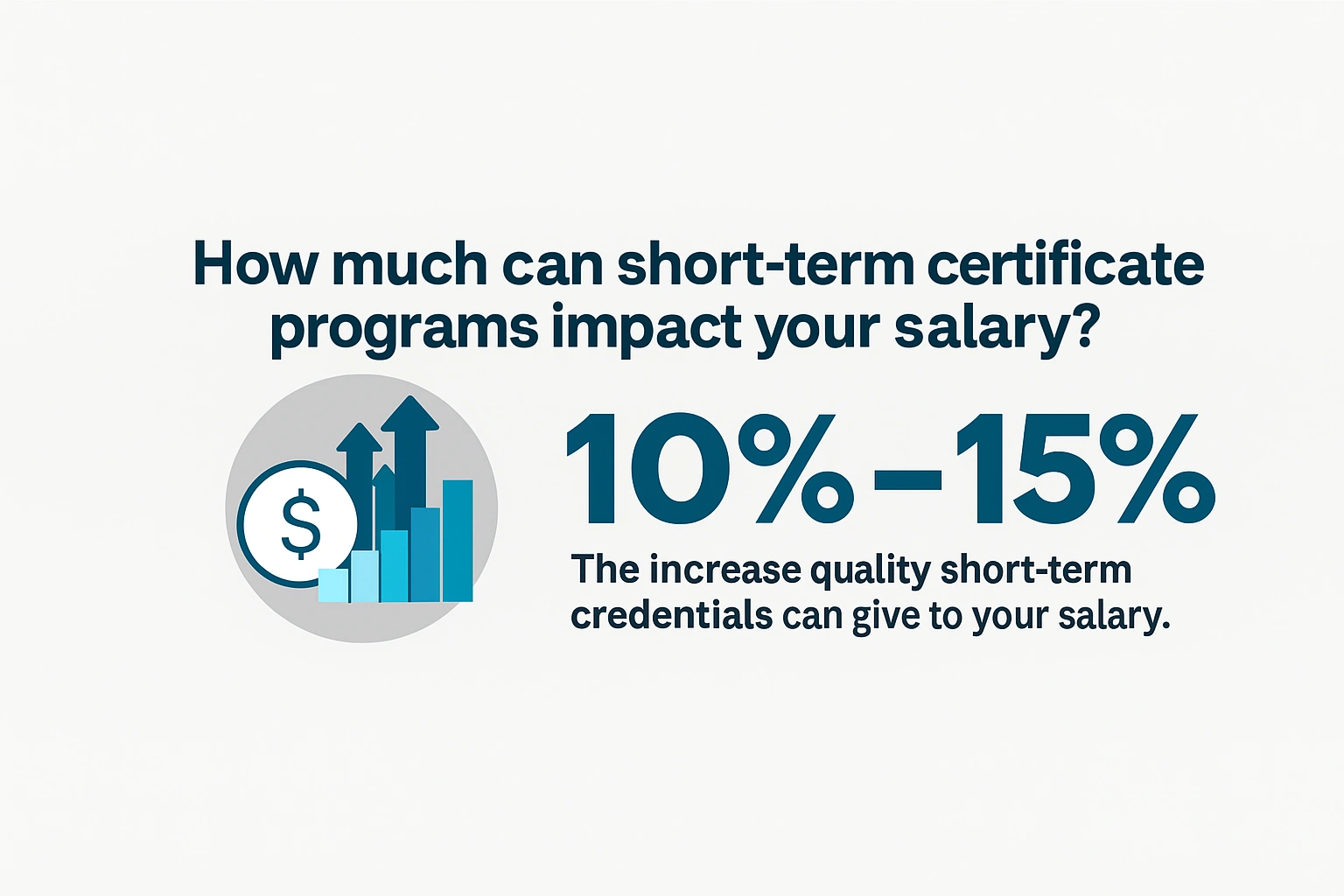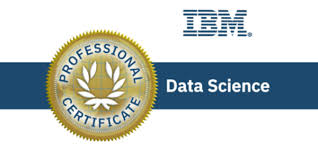In the tech industry, where thousands compete for the same entry-level and mid-level roles, it’s no longer enough to know how to code, query data, or build models. Employers want proof—tangible, verifiable proof—that you not only possess the skills, but that you’re capable of delivering results on the job. That’s where certifications step in.
Certifications signal to employers that you’re prepared to add value from day one. They bridge the gap between self-learning and real employment. They make your résumé searchable, your skills credible, and your interview story sharper.
In this comprehensive guide, we’ll explore why certifications are powerful tools in today’s job market and how they directly support job acquisition in five in-demand tech tracks:
- Java Development
- DevOps & Cloud Engineering
- Data Science & AI
- Data Analytics
- Data Engineering
Why Certifications Help You Get Hired
Let’s start with a reality check: technical hiring is driven by risk management. Hiring managers want someone who can contribute quickly, ask smart questions, collaborate with teams, and work without constant hand-holding. When your résumé includes relevant certifications, you communicate several things:
- You’ve committed to learning deeply, not just passively.
- You’re familiar with industry-standard tooling and practices.
- You’ve passed a reputable assessment process.
- You’re up to date with current technologies.
In short, certifications do three things really well:
- Build Employer Confidence: Recruiters see certifications as evidence you meet a technical baseline.
- Accelerate Interview Access: Many companies filter résumés through Applicant Tracking Systems (ATS)—certifications contain keywords that help you get through.
- Support Salary Negotiations: Certified professionals statistically earn higher wages and progress faster into senior roles.
Still, not all certifications are created equal. To boost your job prospects, your certification path must directly align with your target job title and the tools used by real teams.
Let’s break it down by track.
Java Development Certifications: From Syntax to Springboard
If you’re aiming for roles like Java Developer, Backend Software Engineer, or Full-Stack Java Developer, recruiters want to see more than college coursework or personal projects. Java is enterprise-grade—it powers everything from banking systems to backend APIs. Employers want developers who understand clean code, frameworks like Spring, and scalable application design.
- Oracle Certified Professional: Java SE 11/17/21 Developer
This is the most recognized Java certification in the world. It covers:
- OOP design and interfaces
- Exception handling
- Lambda expressions
- Streams and collections
- Modularity (Java 9+)
Why It Gets You Hired:
Recruiters often search for “OCP” or “Oracle Java Certified” to screen candidates. This badge demonstrates you’ve gone beyond tutorials—you understand how Java works under the hood.
- VMware Certified Spring Professional
Spring Boot is the most widely adopted Java framework for building microservices and enterprise APIs. This cert tests your ability to:
- Build RESTful APIs
- Work with Spring Data JPA
- Handle security and testing
- Configure dependencies and environments
Hiring Advantage:
A Spring certification shows you can work on production-ready codebases in companies using Spring MVC or cloud-based systems.
- AWS Certified Developer – Associate (Java-Focused)
Increasingly, backend developers are expected to understand cloud deployment. This certification bridges traditional Java development with AWS environments:
- Lambda
- API Gateway
- S3 storage integration
- DynamoDB
Role Fit: Java Cloud Developer, Backend Dev in serverless environments
DevOps & Cloud Certifications: Building Operational Readiness
The line between development and operations has blurred. Today’s engineers often manage deployments, containers, and infrastructure as part of their role. Whether you’re targeting DevOps Engineer, SRE (Site Reliability Engineer), or Platform Engineer roles, these certifications help establish your credibility.
1.AWS Certified DevOps Engineer – Professional
This cert proves mastery in:
- CI/CD pipelines (CodePipeline, Jenkins, GitHub Actions)
- Infrastructure as Code (IaC) using CloudFormation
- Monitoring with CloudWatch
- Automation across distributed systems
Why It Gets You Hired:
Cloud-native DevOps engineers are in short supply. This certification proves you can support scalable, reliable systems.
- Certified Kubernetes Administrator (CKA)
Kubernetes (K8s) orchestrates containers in nearly every modern DevOps setup.
- Build and scale clusters
- Manage pods, services, and deployments
- Troubleshoot workloads in production
Hiring Edge:
Companies running microservices in the cloud need K8s-savvy engineers. This cert makes you stand out from generic DevOps résumés.
- Terraform Associate (HashiCorp)
Infrastructure as Code is table stakes in DevOps.
- Write Terraform to provision cloud infrastructure
- Manage networking and secrets
- Collaborate on reproducible environments
Job Boost:
This cert is a differentiator for roles involving AWS, Azure, or GCP deployments with modular infrastructure.
Data Analytics Certifications: From Spreadsheets to Dashboards
Analysts are the storytellers of the data world. If you’re pursuing a role like Data Analyst, BI Analyst, or Operations Analyst, certifications can validate your skills in wrangling data, building dashboards, and communicating insights.
1.Google Data Analytics Professional Certificate
This Coursera-based program includes:
- SQL basics
- Spreadsheet modeling (Google Sheets, Excel)
- Data cleaning and EDA
- R programming and visualization
Job Relevance:
It prepares you for real-life analyst tasks—SQL querying, data storytelling, and stakeholder reporting. It’s especially valued in companies that want hands-on, well-rounded junior talent.
- Microsoft Power BI Data Analyst Associate
Power BI dominates the enterprise dashboarding world.
- DAX calculations
- Relationships and modeling
- Data cleaning in Power Query
- Visual storytelling
Hiring Use Case:
This certification is a must-have for roles requiring business dashboards in Microsoft-heavy ecosystems (e.g., finance, insurance, corporate IT).
- Tableau Desktop Specialist/Certified Associate
Tableau is popular in startups, marketing, healthcare, and logistics.
- Creating multi-layered dashboards
- Blending data from different sources
- Using LOD expressions
Why It Works:
Many analyst job postings list Tableau explicitly. Certification shows you can do more than just drag and drop—you can explain the “why” behind visual insights.
Data Science & AI Certifications: Beyond Algorithms
When it comes to Data Scientist, ML Engineer, or AI Specialist roles, technical assessments are intense. You’ll be asked to explain models, justify your pipeline decisions, and sometimes whiteboard metrics. Certifications help you prepare.
- IBM Data Science Professional Certificate
This Coursera track covers:
- Python for data
- Statistics and probability
- Pandas, NumPy
- Scikit-Learn
- Real-world project portfolio
Hireability Factor:
It’s ideal for career switchers and early professionals. It builds both skill fluency and résumé-ready project examples.
- TensorFlow Developer Certificate (Google)
You’ll demonstrate skill in:
- Designing neural networks
- CNNs and RNNs
- Optimizing model architecture
- TensorFlow 2.x fluency
Hiring Relevance:
If your target companies do NLP, computer vision, or DL work, this cert adds serious weight to your GitHub or Kaggle profile.
- Microsoft Azure Data Scientist Associate
Azure ML Studio, pipelines, A/B testing, and deployment workflows—this certification is cloud-focused and often sought in enterprise environments.
Job Fit:
Used in consulting, energy, healthcare, and IT firms hiring Azure-fluent DS talent.
Data Engineering Certifications: Building the Backbone
Want to be the person behind the scenes who builds data infrastructure? Data engineers are in high demand for roles involving pipelines, warehouses, and scalable data lakes.
- Google Cloud Professional Data Engineer
This cert is one of the most job-aligned credentials for cloud-first data teams:
- BigQuery
- Dataflow (Apache Beam)
- Stream + batch ingestion
- Data modeling
Hiring Bonus:
For GCP-native shops or startups, this is the data cert to list.
- Microsoft Azure Data Engineer Associate
This role-certified credential covers:
- Azure Data Factory (ETL pipelines)
- Synapse Analytics
- Data Lakes (Blob storage, Delta)
- Orchestration with Databricks
Best For:
People seeking jobs in Azure-dominant sectors—finance, consulting, government data teams.
- AWS Certified Data Analytics – Specialty
- Covers streaming data via Kinesis
- ETL with Glue
- Querying with Athena
- Warehousing with Redshift
Why It Gets You Shortlisted:
If you’re applying to roles at companies using AWS to store and process data, this makes you a credible hire.
4. Databricks Certified Data Engineer
As more teams shift to the Lakehouse architecture, Databricks is exploding in popularity.
- Spark pipelines
- Delta Lake optimization
- Data versioning
- Workflow orchestration
Job Leverage:
Data Engineers with Spark/Databricks knowledge are among the fastest hired in large data teams.
How certifications help?
- Certification + Projects = Interview-Ready
- Certification gets you through the door, but projects and communication skills help you seal the deal. That’s why the most strategic job seekers combine certifications with:
- A GitHub portfolio showing real-world implementations
- End-to-end projects aligned with cert domains (e.g., deploying a Java app on AWS, or building a Spark ETL pipeline)
- Practice interviews based on certification case studies
- Clear LinkedIn summaries that reference certified competencies (“AWS Certified DevOps Engineer with Spring Boot experience”)
At SynergisticIT, for example, learners don’t just complete certifications. They build interview-ready projects, rehearse behavioral and technical responses, and work directly with mentors who’ve helped others land these roles.
Mapping Certifications to Job Titles: A Quick Reference
| Job Title | Top Certifications to Highlight |
| Java Backend Developer | Oracle OCP Java SE, Spring Professional, AWS Developer Associate |
| DevOps / SRE Engineer | AWS DevOps Pro, Kubernetes CKA, Terraform Associate, Docker Certified Assoc. |
| Machine Learning Engineer | TensorFlow Developer, Azure Data Scientist, MLOps tooling certs |
| Data Analyst | Google Data Analytics Pro, Power BI Analyst, Tableau Specialist |
| Data Scientist | IBM Data Science Pro, TensorFlow Developer, Azure ML |
| Data Engineer (GCP) | Google Data Engineer Pro, Databricks Associate, Terraform |
| Data Engineer (AWS) | AWS Data Analytics Specialty, Redshift/Glue, Python + Spark expertise |
| Azure Data Engineer | Azure Data Engineer Associate, Synapse + ADF + Databricks track |
When your résumé shows a certified skill set backed by solid project examples and strong communication, you’re not “just another applicant”—you’re a hire waiting to happen.
Final Thoughts: Certifications as Career Catalysts
Certifications aren’t magic. They won’t guarantee you a job. But in a market flooded with code bootcamp grads, self-taught devs, and shifting role definitions, certifications give you an edge:
- They show you meet a technical bar
- They reduce employer risk
- They open doors to interviews you otherwise may not get
- They offer structure in a sea of unstructured learning
- They help you tell a clearer, stronger story
Whether you’re launching your career, switching paths, or leveling up, the right credential—aligned with real roles—can compress your job search and expand your trajectory.
Since 2010, SynergisticIT has helped 1000’s of job seekers thrive in the tech industry. At SynergisticIT, we make candidates work on technologies and skills our clients demand.
Our unique approach goes beyond training, offering hands-on project experience. We also have a marketing team to promote your skills, so you don’t have to. Check out our candidate outcomes page to see the success stories.
Furthermore, we have a vast network of clients with whom we can introduce your resume. Since we have been in business since 2010, our brand name association increases your chances of being considered by potential employers. Please visit our Transform Your Future with SynergisticIT | Candidate Outcomes page to learn how we have helped Tech job seekers and how we can jumpstart your tech career!








